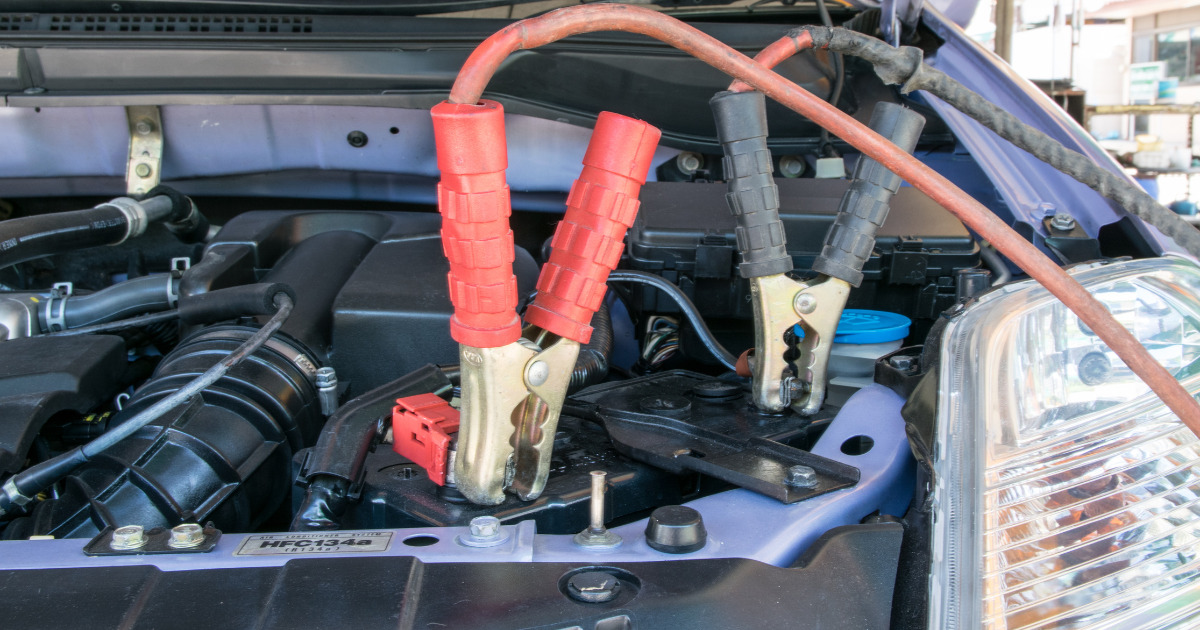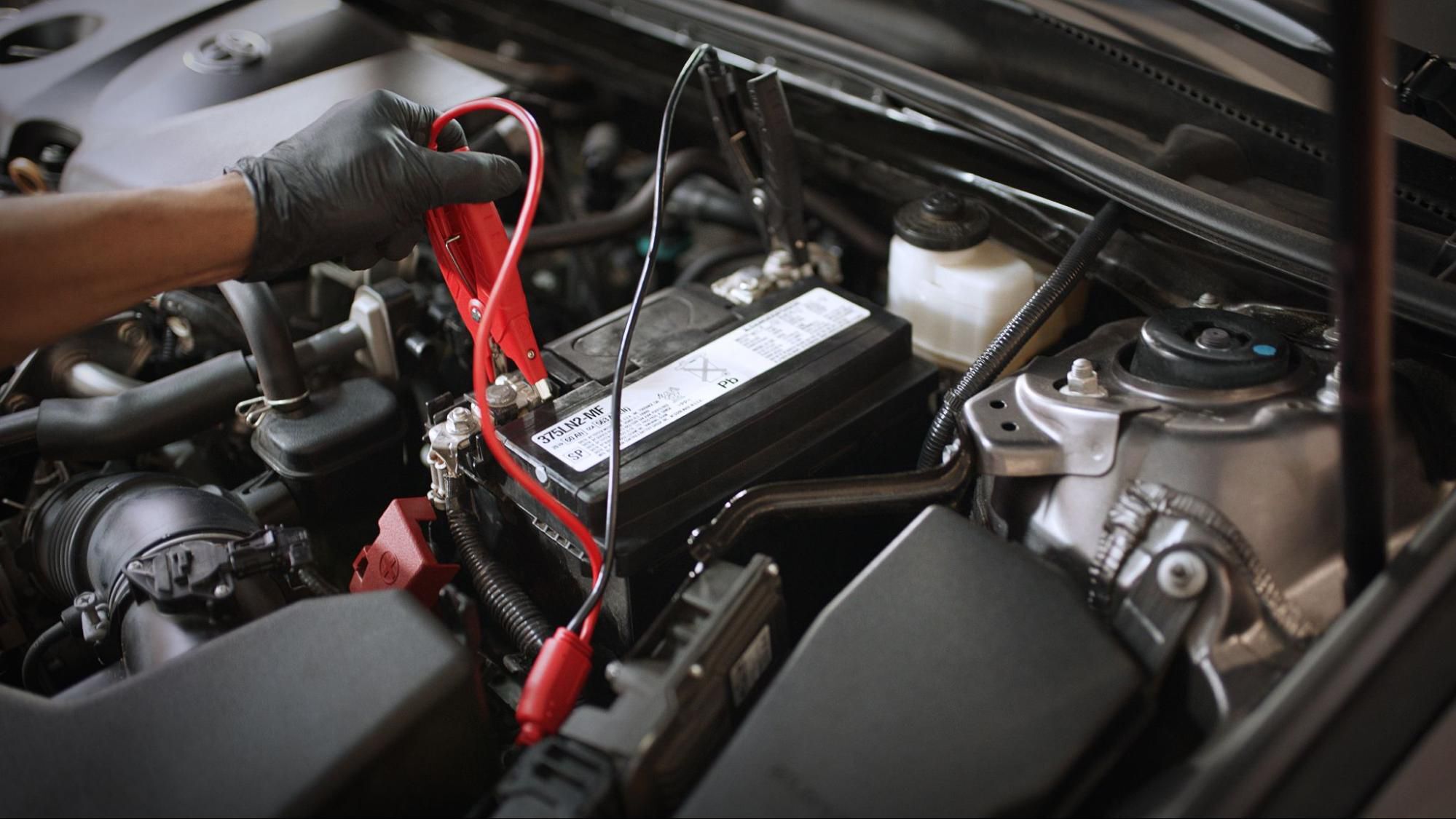Car batteries are essential for starting your vehicle, running its electronics, and preserving the vehicle’s computer memory. However, batteries can wear out over time, sometimes failing prematurely. The primary causes of a battery’s early demise include heat, cold, electrical problems, and poor maintenance. This article discusses the main reasons your car battery might fail and offers advice on how to extend its lifespan.
One key reason for a battery’s failure is leaving lights on, such as headlights, interior lights, or even the light in the glove box. These lights can drain the battery overnight, especially if forgotten. Another common culprit is the parasitic draw, where devices like stereo systems, phone chargers, or LED lights continue drawing power even after the car is turned off, leading to a slow drain on the battery.
Loose or corroded battery connections are also major contributors to battery drain. A poor connection can cause the battery to discharge or even become damaged. Regularly checking for corrosion on the battery terminals and cleaning them can help maintain a solid connection and prevent these issues. In hot or cold weather, extreme temperatures can also shorten a battery’s life, with heat often being a bigger factor than cold, despite common belief.
Additionally, issues with the alternator can lead to battery failure. The alternator charges the battery once the vehicle is running, but if it is malfunctioning, the battery may not recharge properly. Short trips that don’t allow the battery to recharge adequately can also shorten its lifespan, as can letting the vehicle sit unused for weeks or months at a time, causing the battery to discharge completely.

The age of the battery is another important factor. Over time, all batteries degrade and lose their capacity to hold a charge. Factors such as how frequently the vehicle is used, the local climate, and the health of the alternator all contribute to how long a battery will last.
To help prevent your car battery from draining prematurely, there are several steps you can take. One key measure is to unplug any accessories that may draw power, like phone chargers or stereo components, when the car is off. Additionally, taking your car for a short drive at least once a week will help maintain the battery’s charge, as long as the alternator is functioning properly.
You should also avoid leaving lights on or using electrical devices while the car is turned off. Tightening and cleaning the battery connections can prevent corrosion and ensure the battery stays charged. If you find corrosion, you can clean it with a mixture of baking soda and water. However, be careful not to get this solution on the battery or engine components.
When a battery dies, it can be a frustrating experience, especially if it happens unexpectedly. Keeping jumper cables or a jump starter in your vehicle can help you get back on the road quickly. If you’re a customer of Les Schwab, you can also call for assistance, and they may be able to help you with a jump-start or a battery inspection to determine if you need a new one.

